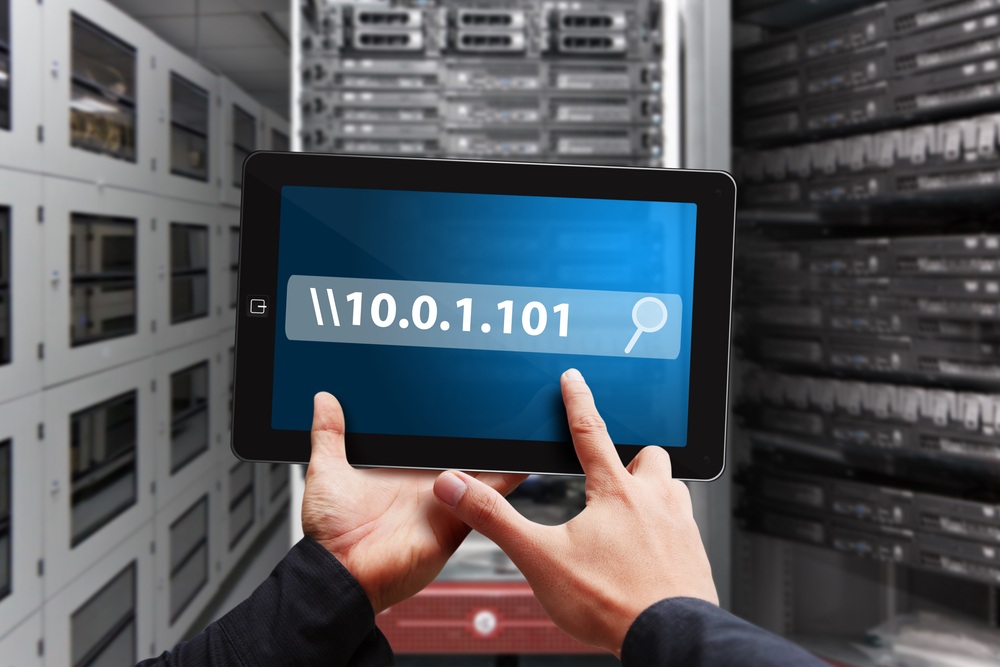
An IP address is an abbreviation for Internet Protocol Address, which refers to the numerical designation for every device you use that is connected to the Internet, such as your laptop or your desktop computer. In general, an IP address has two primary purposes: the first is for network identification purposes, and the second is for addressing your particular location. This article gives you every necessary thing you need to know about an IP address, its functions, and many more.
#1 Your IP address is always changing.
No, do not think that you will be holding on to your IP address for a decade, in like manner as you do with your physical address. Even the simple act of switching your router off and on already automatically changes the IP address of your device. Your IP address also changes in the following instances:
- When you go on vacation
- When you connect your device to another connection, such as in a café
- When you purchase a new router
Should you wish to do so, you can even request to change your IP address regularly.
#2 An IP address shows you that every user on the Internet is well connected with others.
Just as you are all connected through a physical address, each user on the Internet is connected through the IP address as well. Your computer is connected to the Internet, and there are a million other users who are, too. As you connect to the Internet, you can do anything: send emails, disapprove of spam emails, send a chat message, do a video call, open your social media account, or read the latest news, to name just a few. All of these are possible through your IP address.
You and your computer or device are connected indirectly to the Internet in the following manner through your IP address:
- Your device connects to the Internet itself
- You are granted this access, through your IP address, to connect to your device
#3 A single and common authority controls all the IP addresses in the world.
Every IP address is managed all across the world by the Internet Assigned Numbers Authority (IANA). The IANA, in turn, is divided into five registries, which are localized to each territory, like your Internet Service Providers. These registries are responsible for the over 16.8 million IP addresses each, which is representative of every device connected to a network.
#4 Every IP address is programmed to follow a strict series of protocols.
The Internet doesn’t just function randomly. As you are assigned your individual codes, which are your IP addresses, this is what is responsible for following a series of protocols on the Internet. Without these IP addresses and protocols working together, you cannot complete your request on the Internet. For example, you can now do the following:
- Exchange information back and forth on the Internet
- Approve your requests for services and searches
- Delivering your online requests, so they become successful on your end

#5 Each IP address assignment is given to you by your Internet Service Provider.
The responsibility of assigning you with your very own IP address falls in the hands of your Internet service providers. If you are in the USA, think of AT&T as an example. Your service providers complete this IP address assignment in the following manner:
- Dynamically as you join a host network, such as when you have to enter or log in to connect to an Internet connection
- Persistently, through a constant configuration of the software that you are trying to connect to
As complicated as the above mentioned descriptions sound, though, don’t fret too much, as all these are taken care of by the tech experts of your chosen Internet service provider, where it is all set up for you. All you really have to do from your end is to connect to the Internet manually.
#6 Your IP address can be kept secured, too.
Ever encountered the many instances when you don’t want to share your physical address with people you may have only met? As you filter out your information on the Internet by not posting your physical address, you can also do the same with your IP address.
Protecting against the general public a private network’s IP address is often done by many Internet users who wish to have an added sense of privacy over the Internet. You can achieve the same by having a Firewall software installed on your network’s gateway router. How do you do this? You can simply run to your nearest tech store, and there are tech experts who can gladly do all the technical work for you.
Conclusion
Now that you know the basics about IP addresses, it shows that you do not need to be a computer geek to understand what it is. Leave all the other technical stuff to the Information Technology experts, or if there is anything else you need to know, then do seek for their advice and consultation first. This article shows you that somehow, in the digital world, everyone is connected to a network, every user has their own designated space, and that the space on the Internet is a highly unique technological ecosystem.

